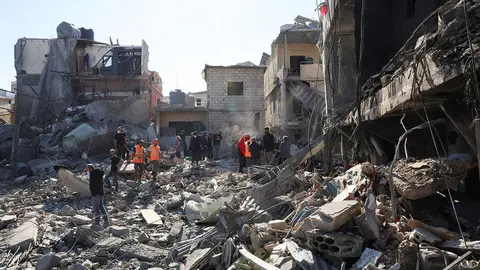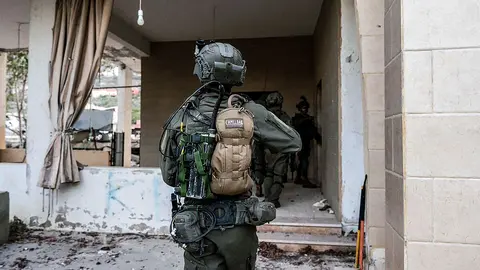Lebanon's parliament elects Joseph Aoun as new president
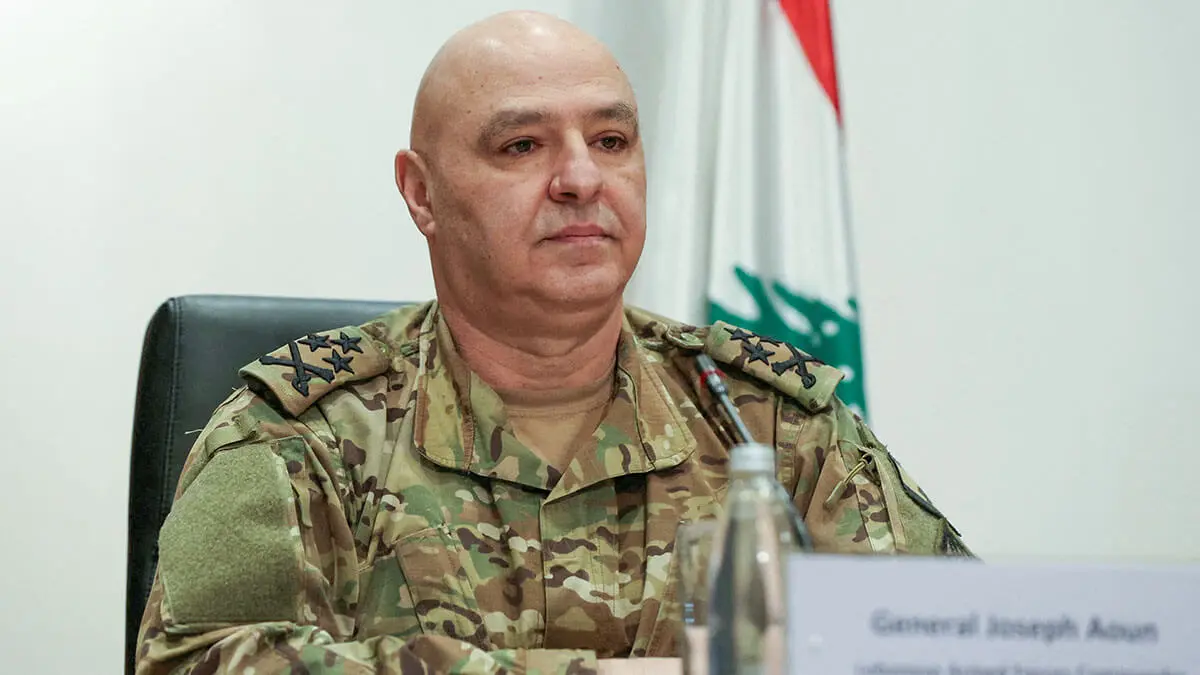
Lebanon's parliament has elected former army chief Joseph Aoun as the country's new president, ending years of political deadlock and a prolonged presidential vacuum. Aoun, a Maronite Christian, has been elected after 13 failed attempts since Michel Aoun's term ended in October 2022.
The former Lebanese army chief and leading candidate was elected president after two rounds of voting, following efforts by Saudi Arabia and the United States to rally support for Aoun, who has close relations with Washington and Riyadh. Both countries will be key during Lebanon's reconstruction after 14 months of war between Israel and the Lebanese Shi'ite militia Hezbollah.

The Iranian-backed organisation, meanwhile, expressed support for another candidate, Suleiman Frangieh, leader of a small Christian party in northern Lebanon with close ties to former Syrian President Bashar Assad. However, shortly before the vote, Frangieh announced that he was withdrawing from the presidential race, expressing his support for Aoun.
Other contenders included Jihad Azour, former finance minister and current head of the International Monetary Fund's Middle East and Central Asia Department, and Elias Al-Baysari, acting head of Lebanon's General Security agency.
Lebanon's political system, based on power-sharing along sectarian lines, tends to stagnate due to both political and procedural obstacles. The country of cedars, mired in a deep crisis, has experienced several prolonged presidential vacancies, the longest being almost two and a half years between May 2014 and October 2016, when former president Michel Aoun was finally elected.
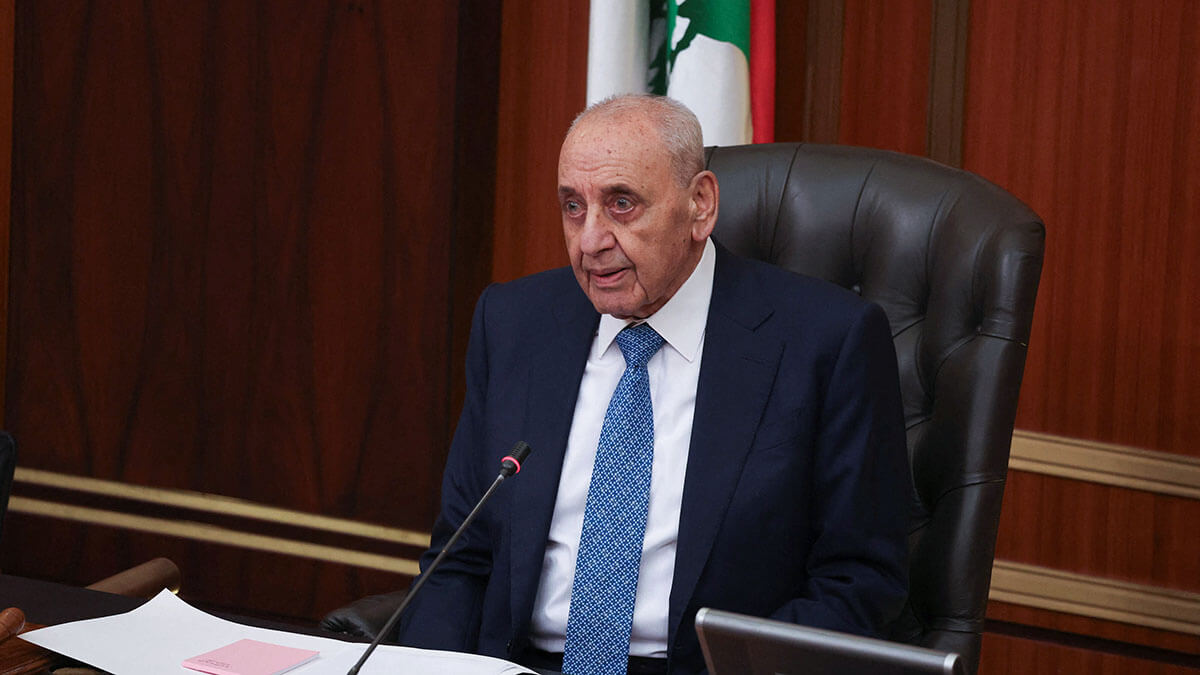
After being declared president, Aoun resigned from his military role and arrived in parliament to take the oath of office in civilian clothes. During his term, he will face enormous challenges, from implementing the ceasefire agreement that ended the war between Israel and Hezbollah, to finding crucial funds for the country's reconstruction.
Although the Lebanese army did not participate in the open war against Israel, it plays a crucial role in the implementation of the ceasefire agreement, which provides for military deployment in Hezbollah-controlled areas of southern Lebanon on the border with Israel and the withdrawal of Israeli forces from Lebanese territory.
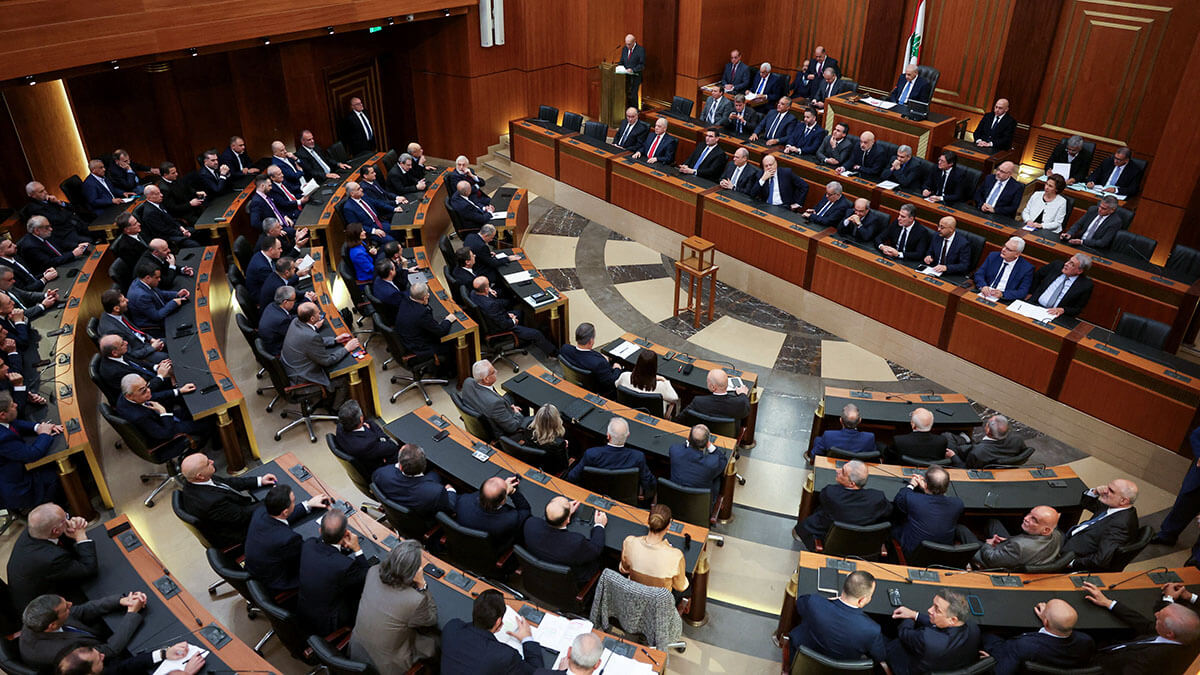
Lebanon has been mired in an economic and financial crisis for six years that has devastated its currency and drained the savings of thousands of Lebanese. The cash-strapped state electricity company can only provide a few hours of electricity a day.
In his first speech after being elected, Aoun said he would not allow ‘interference in the judiciary’ or ‘smuggling or wars’, in a clear message to Hezbollah. The new president also stressed that his role ‘is to defend the right of the state to be the only one authorised to bear arms’ and promised to build a ‘strong army to protect the borders’.

Shortly after Aoun's election, Israeli Foreign Minister Gideon Sa'ar congratulated Lebanon on the election of a new president ‘after a long political crisis’. ‘I hope this election will contribute to stability, a better future for Lebanon and its people and good neighbourly relations,’ he added.

